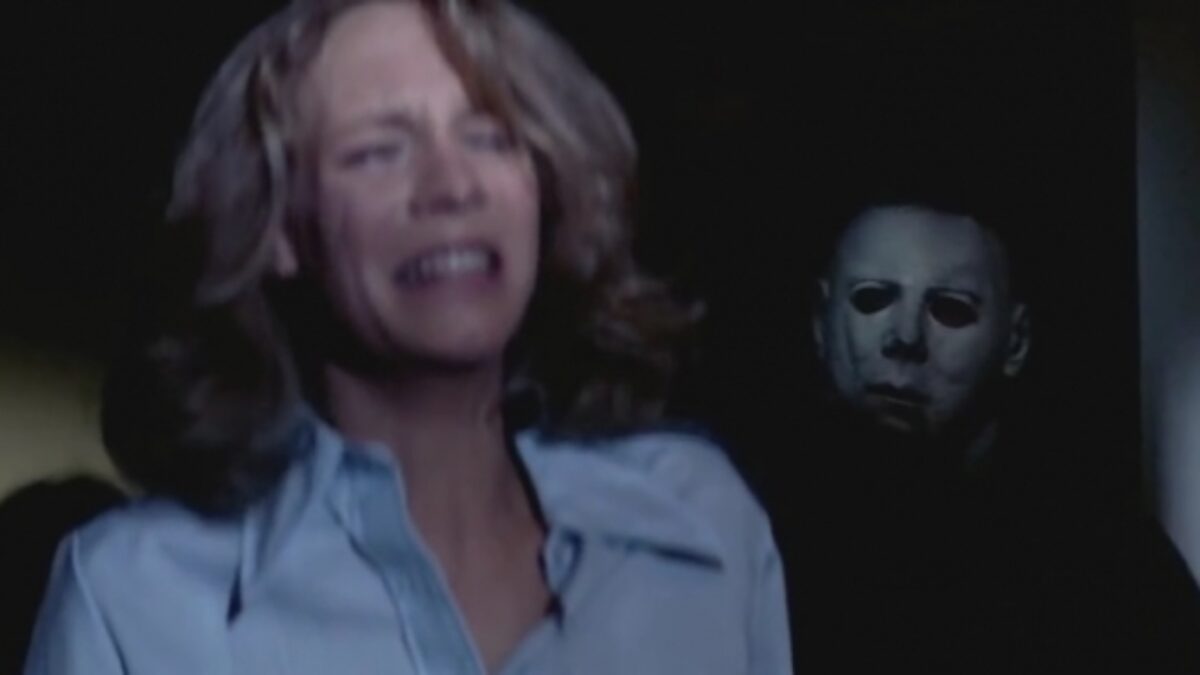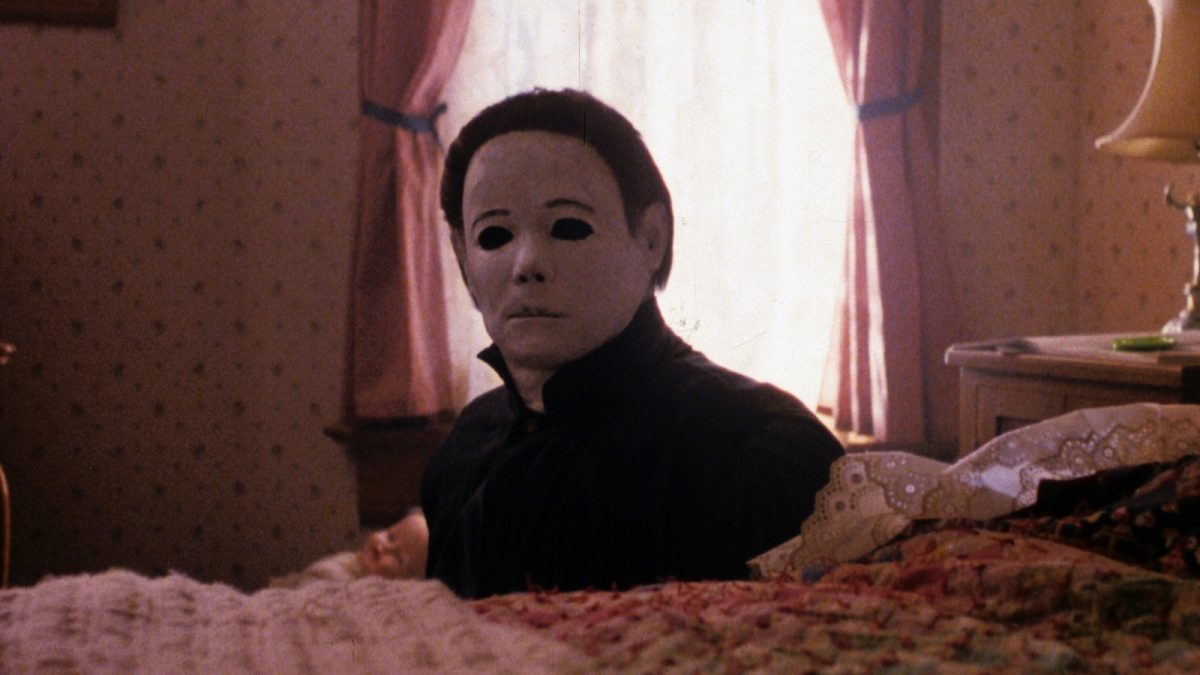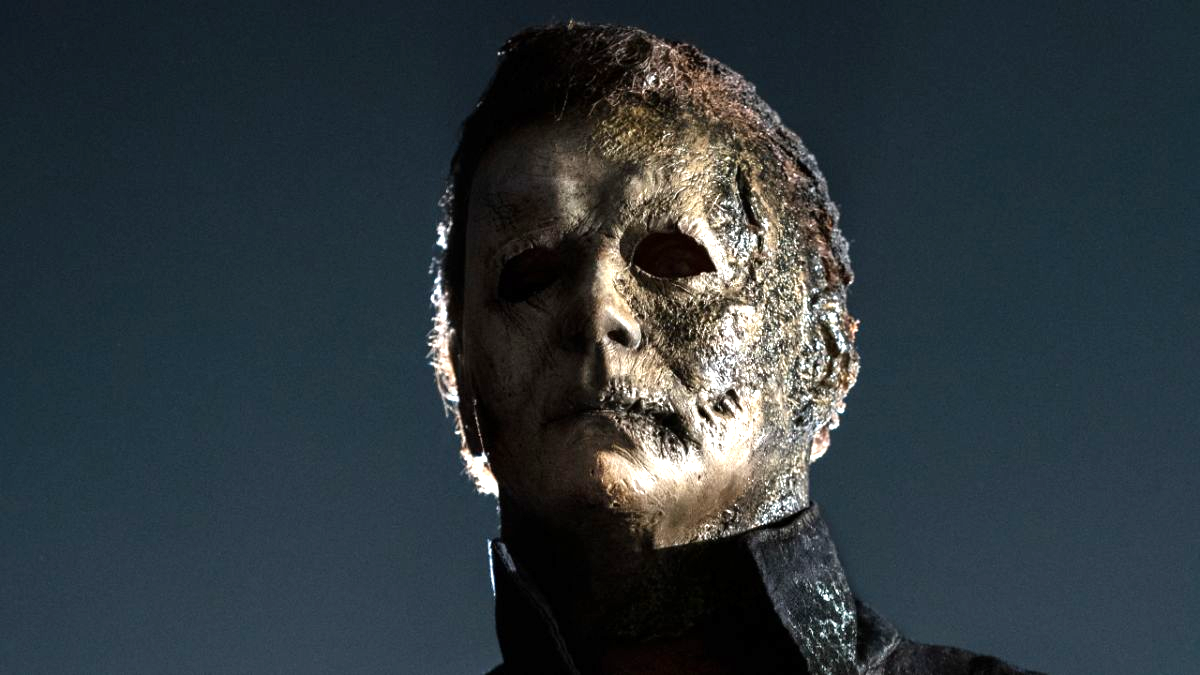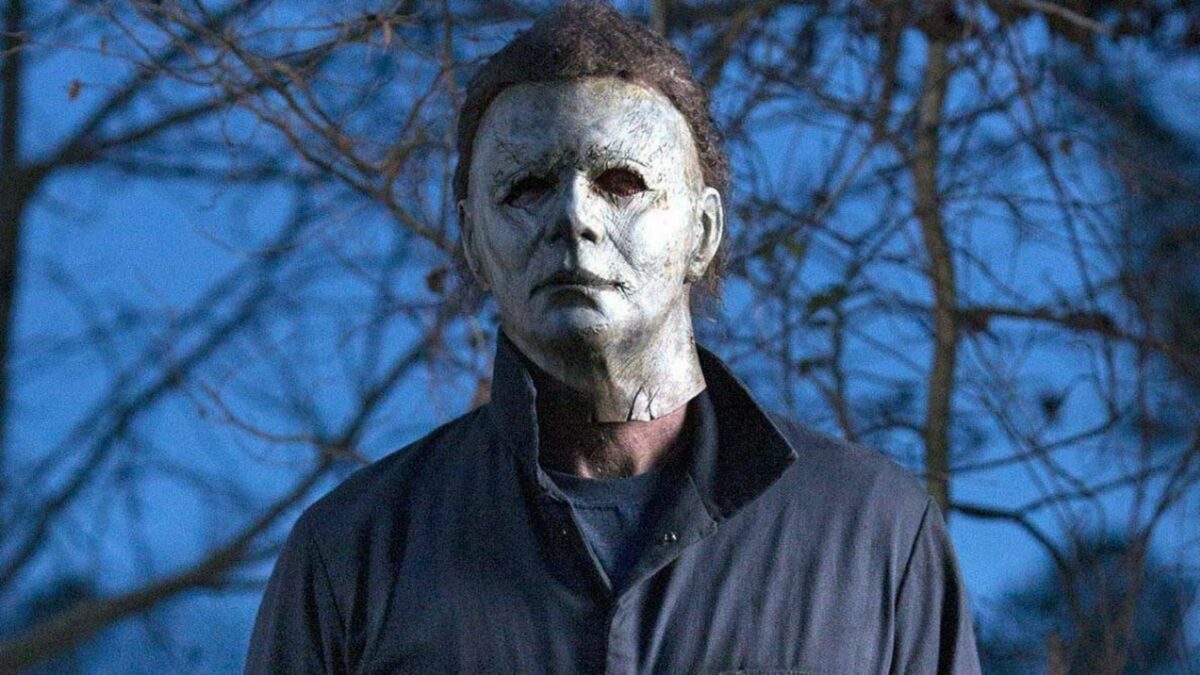John Carpenter’s masterpiece Halloween has stood the test of time as one of the most influential films in all of cinematic horror. The 1978 film, directed and scored by Carpenter, included a number of notable horror tropes, including “Final Girl” Laurie Strode and the cliché of a masked murderer targeting multiple young people. The slasher film spawned a worldwide franchise, which continues to receive reinventions to this very day. However, perhaps its greatest triumph was the formal introduction of the immortal being known as Michael Myers.
While Michael Myers is solidified as a classic horror villain, the actual motivation for his desire to kill still remains unclear after all these years. Throughout the longevity of the Halloween franchise — 11 films in total — Michael Myers has slaughtered well over a hundred unsuspecting victims. To better understand why Michael Myers feels the need to kill, we’ll need to first break down each timeline of films in the successful franchise.
Why Michael Myers kills people in the original Halloween timeline

Halloween follows Michael Myers who, at the age of just six years old, brutally murders his older sister and is sent to Smith’s Grove Sanitarium for psychological reflection and hopeful treatment. 15 years later, Michael escapes Smith’s Grove and returns to his hometown of Haddonfield, Illinois.
There, he encounters Laurie Strode, an innocent teenager who has opted to babysit for her younger neighbor, Tommy Doyle, much to the chagrin of her friends. Throughout the night, Michael kills all of Laurie’s friends and even tries to kill her, though she miraculously escapes his wrath.
In Halloween II, the franchise’s story revealed that Laurie Strode is actually Michael Myers’ younger sister, though she had no prior knowledge. Laurie was adopted by the Strodes, and the truth of her family heritage was kept a secret from her. Thus, Michael returns with the intention of killing his only remaining sister, only to be temporarily stopped by Dr. Samuel Loomis. Along the way, Michael adamantly kills any living person who stands in the way of his warpath.
The same theme echoes in Halloween: H20: 20 Years Later, which intends to directly ignore all of the Halloween sequels following Halloween II. In H20, Laurie is the headmistress of a California boarding school after faking her death to loosen Michael’s ties to her. Unbeknownst to her, Michael discovers her new identity and location and the two encounter each other once again. Interestingly, the opening moments in H20 perfectly depict Michael’s truly evil persona when Dr. Loomis describes him.
Why Michael Myers kills people in the Halloween sequels

In Halloween 4: The Return of Michael Myers, Michael sets out to murder his niece, Jamie Lloyd, who is the daughter of Laurie. By the fourth film, Laurie has died, and Michael intends to target a new family member, hence the introduction of Jamie. After Michael succeeds in killing Jamie, the fifth and sixth films in the franchise follow Michael seeking to then kill several other members of his bloodline, including Jamie’s son, Laurie Strode’s cousins, and virtually anybody else in his way.
It is later revealed in Halloween 6: The Curse of Michael Myers, that Michael is likely under the control of the Cult of Thorn, which is an ancient Druid curse that requires him to kill every living member in his entire bloodline. The storyline eventually caused a split between fans, as some believed that this theory explained why Michael wanted to kill Laurie and Jamie, though others believed it to be completely ridiculous and poor storytelling.
For clarification, The Cult of Thorn represents a group of Druids who, in order to save themselves from a terrifying demon, place a curse on a child from their respective tribe, which happens to be Michael Myers. As a result, Michael is possessed by the Thorn and desires to kill his entire family on the night of Samhain (Halloween).
The power of the cult also grants Michael an abundance of supernatural abilities, which Jamie also has in her arsenal. Many believed that Michael was cursed with the Thorn, especially when it was noticed that he bore the Mark of Thorn, which appeared on his wrist and hand.
Why Michael Myers kills people in the newest Halloween trilogy

One of the most interesting aspects of David Gordon Green’s Halloween trilogy is that Michael Myers no longer has an exact reason as to why he causes destruction and kills. In the updated trilogy, Laurie Strode and Michael Myers are not related at all, and instead, it is implied that Michael went after Laurie in the original Halloween for no reason except to kill.
What makes these motivations so different?

In the original Halloween films, it made perfect sense as to why Michael desired to kill Laurie, and why he killed everyone in his way until he achieved his goal. On the other hand, perhaps Michael’s unexplainable motivation to kill is the exact reason he does so. It’s been highly believed over the years that Michael either suffers from several personality disorders or the fact that he’s plainly just an evil psychopath who experiences fulfillment in killing others.
Furthermore, Michael seeks out Laurie on Halloween (2018) solely for the purpose of revenge. After all, she was the remaining survivor from his 1978 massacre, and he obviously couldn’t rest until she was officially dead.
The new trilogy finds a way to make itself distinct from its predecessors by changing up the motivation for Michael. This allows new stories to be told and for viewers to unpack what this means for his character, while still staying true to the original films. The new movies still follow Michael Myers and his killing sprees but have found a unique way to keep them interesting by switching up his motivation.
Michael’s 30-year return proved to be completely disastrous for the town of Haddonfield, and revenge is higher than ever, especially after Michael murdered Laurie’s daughter Karen in Halloween Kills. At this point in the illustrious franchise, Michael simply kills for his own personal benefit, and truthfully, because he can.

